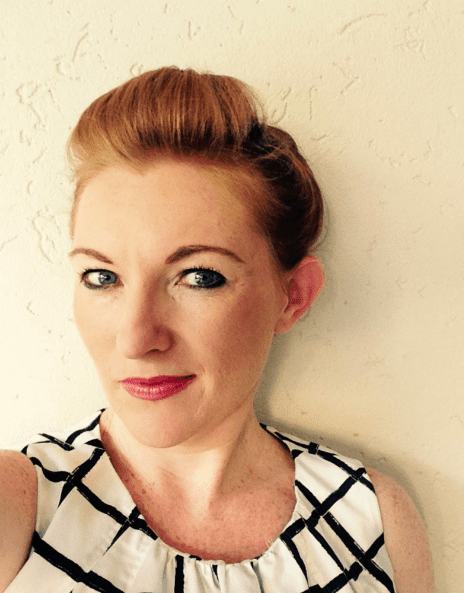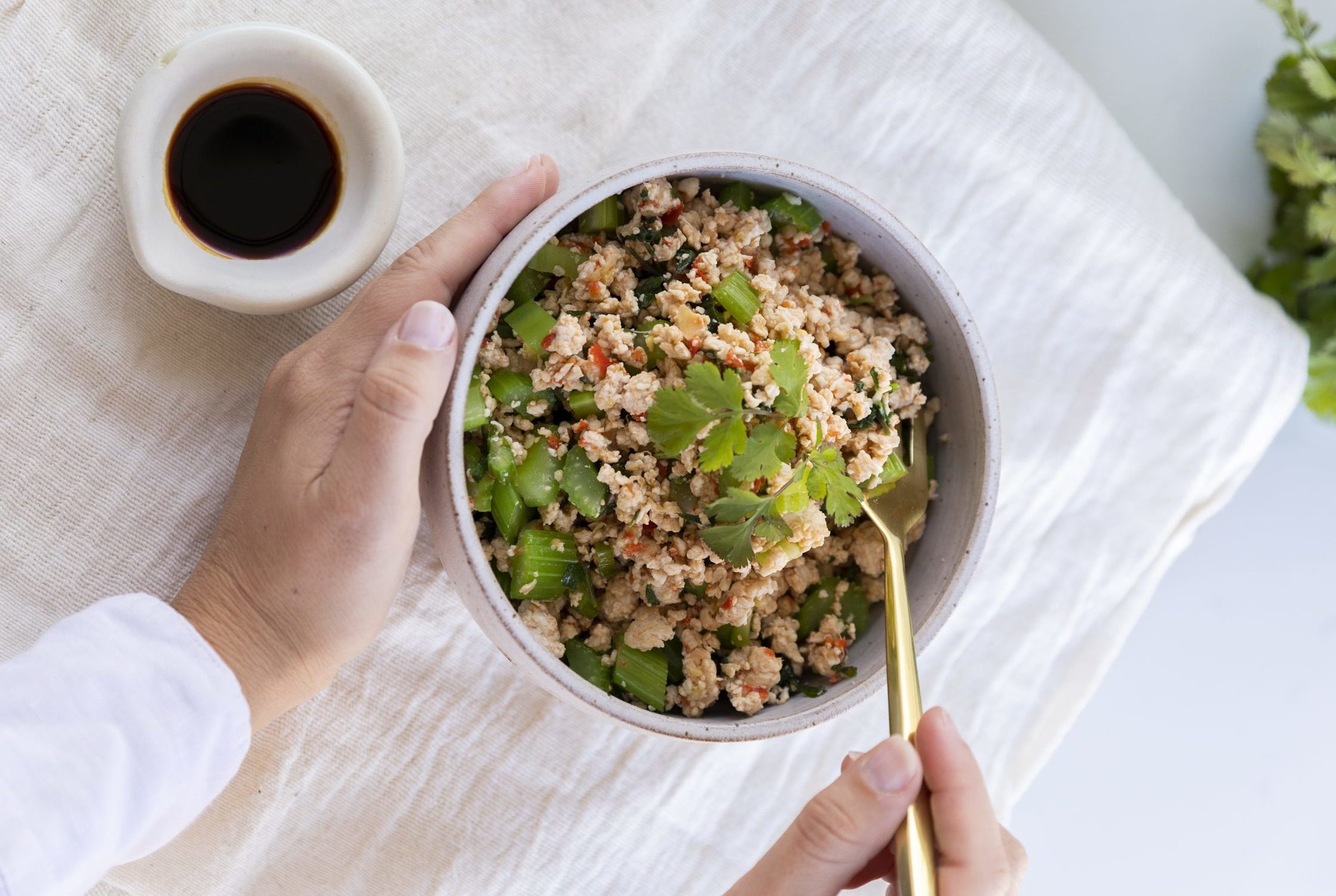Opening up a conversation about Hormone Replacement Therapy (HRT) or Menopausal Hormone Therapy (MHT) as it’s called in Australia, is like opening up any conversation about health and choice.
There will always be strong opinions swinging on either side of the argument, with folk giving themselves whiplash trying to keep up with the pros and cons, putting any decision in the too-hard basket until it’s actually relevant to them.
For every woman who says that hormonal treatment saved them from insanity (or perhaps a jail sentence…), there are plenty of others who would prefer to go au natural for the sole reason of avoiding the major newsworthy complications like breast cancer, blood clots, or heart disease.
It’s worth understanding a few things, however:
- The study these claims were originally based on is almost 20 years old, and
- Medicine has progressed a little since then.
Not all hormone treatments are the same, and most importantly, not all women are the same, so expecting the same outcomes and effects as your friend, sister, aunt or mother needs to be looked at objectively.
“We need to go back to basics and look at exactly what menopause is, what MHT is, and join the dots from there in order to make informed decisions for ourselves,” says Dr Jane Reffell, a Bangalow-based GP for women’s health and active member of the Australasian Menopause Society. “When I first started to specialise in this area and actually go through this passage myself, finding information was challenging.
“Even as a doctor, I thought menopause was when periods stopped and that was it. People weren’t speaking about menopause, and certainly not interested in studying it. Thankfully, things have changed, there is information available, but we’ve still got a long way to go.
“We need to understand that menopause is an oestrogen withdrawal, it’s puberty backwards. MHT is keeping a little bit of oestrogen there in reserve just to manage symptoms.”
Still, it’s quite overwhelming amidst hot flashes and sometimes unravelled brains to make sense of all the data. So, let’s clear up the confusion and give clear guidance on the good, bad, and ugly of Menopausal Hormone Therapy.
What are the top myths about MHT, and what’s the truth?
Okay, so let’s talk about the elephant in the room. Hormone therapy, while unquestionably effective in reducing hot flashes and other menopause symptoms, has been previously linked to serious health risks including blood clots, stroke, and certain cancers.
In the 1960s as a response to the feminist movement, it was popular for women to use straight oestrogen to ‘preserve their femininity’. However, in the 1970s, the finding that unopposed estrogen supplements were associated with an increased risk of endometrial cancer had a bad impact on HRT’s reputation.
“Research at this time showed it was risky to use, with breast cancer and endometrial cancers prevalent,” says Dr Raffell. “It was the Women’s Health Initiative in the 80s and 90s that was the great game-changer.”
The Women’s Health Initiative was a randomised study of 27,000 women in the United States who were followed for 18 years, starting in 1990. These hormone therapy trials tested the most common types of hormone therapy ― oestrogen alone and oestrogen plus progestin ― to assess the benefits and risks of menopause hormone therapy by predominantly healthy menopausal women.
In this study, participants were assigned randomly to separate groups to compare different treatments. By using this randomisation method, the groups were guaranteed to be similar, and the treatments could be compared objectively. Results from the WHI showed that while there was a slight increase in breast cancer risk, there was a distinct decrease in DVT, stroke, heart disease, along with decreases in the risk of bowel cancer and hip injuries.
“MHT is never unidimensional,” says Dr Raffell. “These days, we use transdermal MHT treatments (gels, patches, creams) frequently, which have far lower doses of oestrogen, and the risks associated with a transdermal application are significantly decreased, especially with clotting.
“MHT is also known to reduce the risk of cardiovascular disease and diabetes, so clinicians needed to carefully weigh the costs and benefits for the individual patient.”
Do natural options work?
Let’s be super clear here, though. In no way are we saying the choices in handling menopausal symptoms are MHT or suffering in silence. In fact, for many women, more natural remedies work wonderfully. “It really depends on the severity of the symptoms,” says Dr Raffell. “Naturopaths can make great mixes – black cohosh, red clover, and ginseng have excellent qualities and some fantastic testing results. Exercise is essential and be aware that alcohol tolerance goes down. If symptoms like hot flushes and migraines are occurring frequently, maybe natural isn’t enough to manage this pathway. They are an excellent place to start, though.
“And always remember, what works for one might not for another. This experience and all treatments are all highly individual.”
Who can take MHT and when can you start?
“MHT is safe for healthy women around the time of normal menopause. Women with premature or early menopause are usually recommended to take MHT until the normal age of menopause (about age 50 years).
“Some women should avoid MHT including women with a personal history of breast cancer (note that having breast cancer in the family is not a contraindication), a history or increased risk of blood clots, a history of heart disease or stroke or untreated high blood pressure.
“Most women will tolerate MHT well. However, any side effects (such as bloating or breast tenderness) should be discussed with the prescribing doctor.”
What are the risks and benefits of MHT?
“While all medical treatments pose some risk, are the risks of treating menopause symptoms worth the benefits that hormone therapy can deliver?” asks Dr Jane. “That’s the question that women have been asking and hoping that research can clarify.”
The main benefit of MHT is that it effectively treats menopausal symptoms and can significantly improve quality of life. It also protects bones from osteoporosis and reduces the risk of fracture, but only while it is taken. Any risks associated with taking MHT will depend on a woman’s previous medical history and current health. Risks also vary between oestrogen alone MHT and oestrogen plus progestogen preparations.
For risks, both kinds of MHT (oestrogen alone and combined MHT) increase the risk of blood clots in the legs and lungs. MHT may also increase the risk of stroke, though this risk is very small and may depend on a woman’s age. Oestrogen alone increases the risk of endometrial cancer, but adding progestogen prevents this. Studies show combined MHT increases the risk of developing breast cancer after 5 years of use, but this is not seen in women taking oestrogen alone. Always discuss the individual risks of taking MHT compared to the likely benefits with your doctor.
Lifestyle choices are always going to play a huge part in any and every chapter of our health lives. But sometimes, green smoothies and active wear just aren’t enough.
Menopause also isn’t going to discriminate – there is no way of telling who’s going to need all the tools in the tool kit to survive this phase and who’s going to breeze on through. The key is to not be ashamed to ask for help from your GP.
“As little as 100 years ago, the life expectancy of women was around 40 – 45 years of age,” says Dr Jane. “There were two very distinct periods in a woman’s life – childhood and childbearing. These days, our life expectancy is 85, meaning there are 30 years of life after menopause. We need to reframe our thinking – women go into this part of their lives thinking it’s the end when really, it’s the gateway transition through to the next phase. We are so youth-obsessed. Instead, let’s look ahead and create beauty in this phase. Let’s empower each other to do that.”
Whatever stage in peri-to-post menopause you are, it’s important to know that there are valid options available to everybody. Finding an expert and somebody who is working in conjunction with the latest research is essential. Heading over to the Australasian Menopause Society website is a great starting point where you can look for a menopause specialist in your area.












